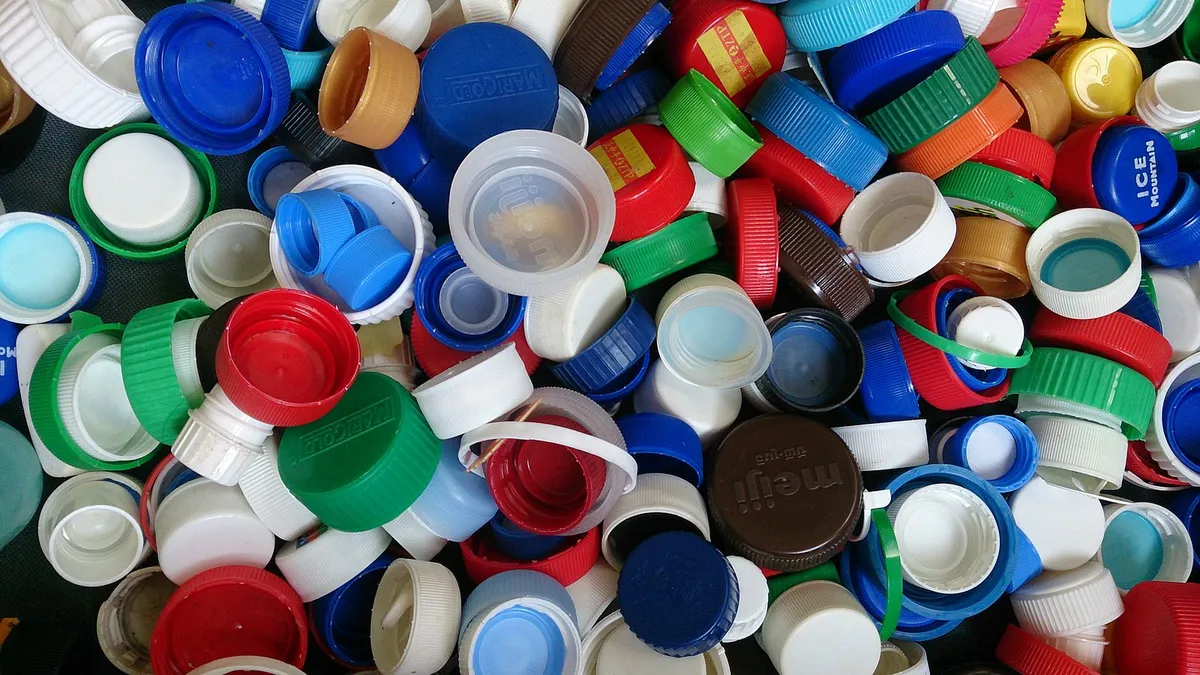Dive Brief:
- Procter & Gamble has licensed a polypropylene recycling technology to PureCycle and teamed up with the firm for a new $120 million facility in Ohio to bring the technology to scale. A groundbreaking event was held for the project on July 20, with details reported by Plastics News and Plastics Recycling Update.
- The investment firm Innventure operates PureCycle, which was created to help release P&G's technology. According to PureCycle, they can remove odor, contaminants and color from polypropylene using a non-chemical process to create "virgin-like" quality material.
- PureCycle will open a feedstock evaluation unit in January 2018 and eventually a full-scale plant in 2020. Once it's operating at maximum capacity the facility will take up to 100 million pounds of plastic per year and generate 80 million pounds of finished product.
Dive Insight:
The global market for polypropylene is projected to increase at a rapid pace in the coming years and many domestic companies are reportedly interested in getting better feedstock. According to the Association of Plastic Recyclers, North American companies have a need for at least 1 billion pounds of recycled polypropylene and more than 70% of that demand is for high quality material. Recycled polypropylene can have a wide range of uses, though lower quality material is more often used in the automotive and household products sectors than food or beverage packaging.
Related industry efforts have also been looking for new ways to recover more polypropylene from the waste stream and expand the types of products included in recycling programs. Earlier this year, the Closed Loop Fund announced that it was making grants available for material recovery facilities to upgrade their polypropylene sorting technology as another way to meet the demand for material from manufacturers. More curbside programs are beginning to accept a wider range of products made from the material — yogurt containers being one of the more common examples — and some retail stores also offer drop-off sites.
Amid concerns about a recently announced ban on exporting certain commodities to China, some in the industry have worried that options for polypropylene and other plastics might suffer as a result. Yet others see it as an opportunity to expand U.S. processing and manufacturing operations. Projects such as this new Ohio venture would fit into that mold of increased domestic capacity that can create higher quality feedstock.















